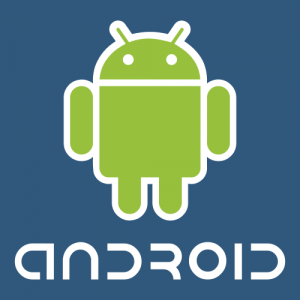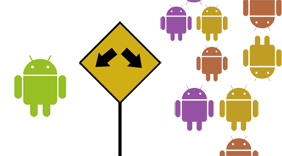 Buried in Bob Iannucci’s discussion at Supernova 2008 last week was this comment: “Connecting people only through voice communications is limited,” the Nokia chief technical officer said.
Buried in Bob Iannucci’s discussion at Supernova 2008 last week was this comment: “Connecting people only through voice communications is limited,” the Nokia chief technical officer said.
To me, that sums up everything Nokia is doing, including today’s announcement. Nokia, the world’s largest handset manufacturer, is purchasing Plazes, the location-based social networking service that’s based in Berlin with all of 13 employees.
Plazes, founded in 2005, lets people alert their friends about what they are doing and where they are — sort of Twitter and Loopt rolled into one. Users can subscribe to their friends, a group of friends, or to specific locations known as “Plazes.”
Updates can be done via plazes.com, by mobile phone and text messaging, or by a number of third-party applications using the Plazes’ API. And, we can expect, Plazes will be on millions of Nokia phones worldwide as soon as possible.
 “Nokia is a perfect partner for us because they share our product vision and have the muscle to bring locative presence to hundreds of millions of people all over the world,” the Plazes team writes on its blog. “What better partner than Nokia for exploring innovative ways of connecting people?”
“Nokia is a perfect partner for us because they share our product vision and have the muscle to bring locative presence to hundreds of millions of people all over the world,” the Plazes team writes on its blog. “What better partner than Nokia for exploring innovative ways of connecting people?”
With Plazes and other recent acquisitions, Nokia is clearly connecting people through location-based services, maps, music communities, gaming, and — almost forgot — voice.
Continue reading »
 According to the
According to the  While the
While the  “Smartphones have historically been oriented towards business users. The iPhone is more of an entertainment platform”, notes John Jersin, CEO of mobile startup
“Smartphones have historically been oriented towards business users. The iPhone is more of an entertainment platform”, notes John Jersin, CEO of mobile startup 
 It’s hard not to be impressed by the latest
It’s hard not to be impressed by the latest  Google demonstrated its Android operating system again, this time at the I/O conference in San Francisco. And, well, it’s still full of promise, just in case you were wondering.
Google demonstrated its Android operating system again, this time at the I/O conference in San Francisco. And, well, it’s still full of promise, just in case you were wondering. With Apple set to roll out the next major software update for the iPhone, and with it official support for third-party applications, it will come as no surprise that Google is busy prepping some new wares. “We expect to have applications at Day One”, Google’s vice president of engineering, Vic Gundotra,
With Apple set to roll out the next major software update for the iPhone, and with it official support for third-party applications, it will come as no surprise that Google is busy prepping some new wares. “We expect to have applications at Day One”, Google’s vice president of engineering, Vic Gundotra, 

 Seeing the results of the Google Android Developer Challenge today was like being told what you’re getting for Christmas … in July. Worse yet, what’s under the tree is mostly socks and underwear.
Seeing the results of the Google Android Developer Challenge today was like being told what you’re getting for Christmas … in July. Worse yet, what’s under the tree is mostly socks and underwear.